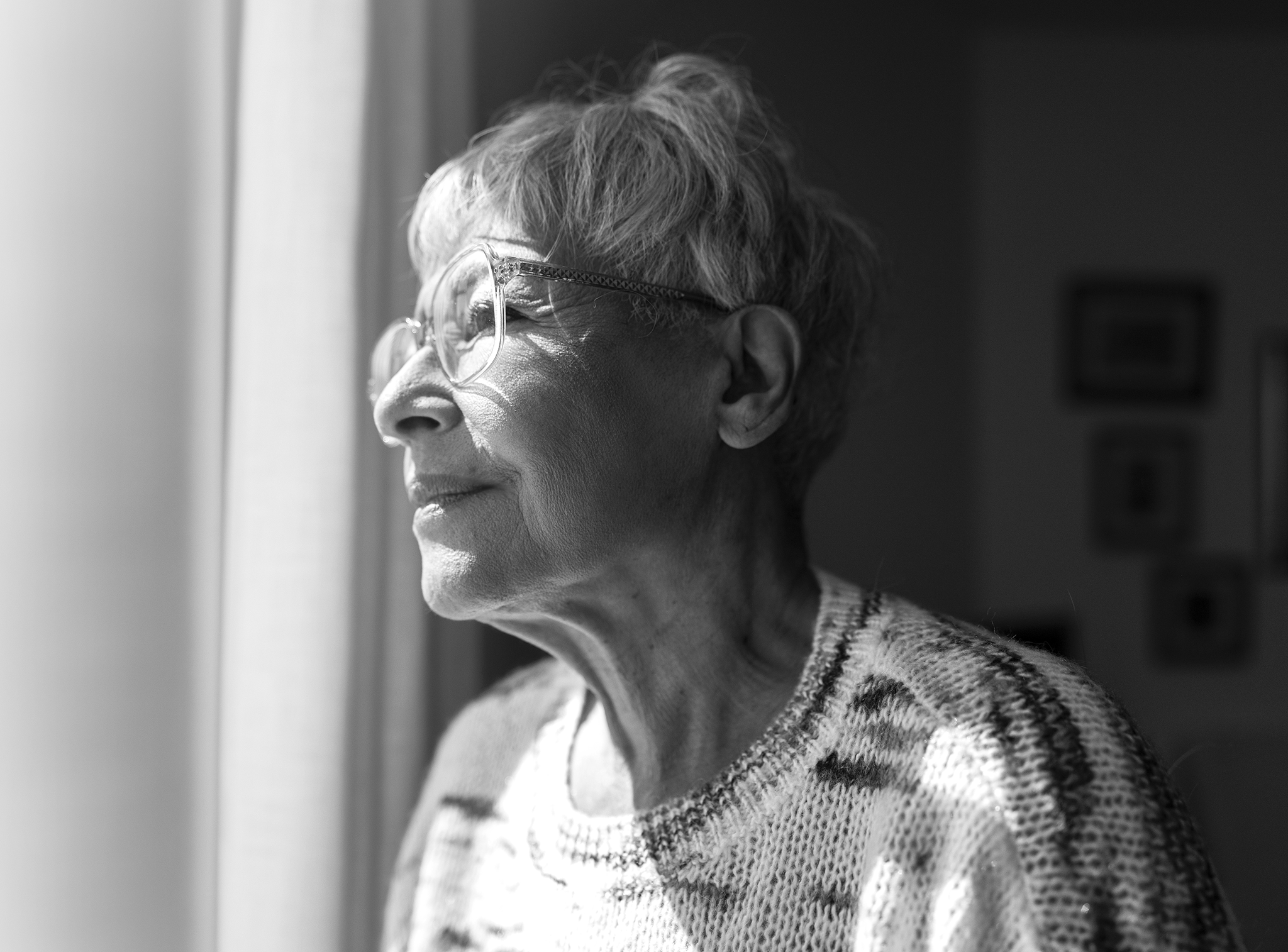“The daily advances of modern medicine continue to pave the way to a brighter future. Our shared understanding of the immeasurable value of human life propels our quest to alleviate suffering. Our work as medical professionals must continue to be rooted in this life ethic, guiding us to use our skills and every tool of modern medicine to heal and to provide ongoing comfort to each patient we encounter.”
– Dr. Ian Jackson, Board-certified Family Medicine physician, Southwest Michigan
Respecting a patient’s wishes for healthcare treatments is a cornerstone of medical ethics. But what happens when the patient is incapacitated and can no longer express their wishes? Michigan law recognizes that competent adults maintain a right to accept or refuse treatment that is being offered to them. A Durable Power of Attorney for Health Care is a legal mechanism which allows you to appoint a person to make health care decisions for you, should you become unable to do so. We encourage every patient to be their own advocate by utilizing Durable Power of Attorney for Health Care to express their wishes regarding end of life care.
Euthanasia means “mercy killing,” or in its original Greek, “good death.” In modern usage, euthanasia encompasses multiple practices including lethal injections, doctors assisting suicides through prescribing legal doses of drugs, and withholding basic care from non-terminal patients. In all cases, euthanasia or doctor-prescribed suicide is purposefully intended to cause the death of a person.
Euthanasia is a direct threat to human dignity, patients’ rights, and the disabled. It endorses killing a patient as a solution to problems that can be solved through better medical or personal care. Real compassion for the dying comes through meeting all their needs: physical, emotional, and spiritual.
Patients should not be obligated to use extraordinary or heroic medical treatment that would only prolong the natural dying process. But ordinary care and treatment should always be provided to all patients to sustain their daily needs and comfort. When a person has clearly reached the end of their life, the focus of medical treatment may be switched from curing to caring, but never killing.
Advocates for Better Care co-hosted the Assisted Suicide is Not the Answer: Killing is Not Caring conference to explain the history of assisted suicide in Michigan and offer updates from leading experts. Click the link below to view a recording of the conference.
The abortion pill, also known as mifepristone, poses an ethical dilemma. The abortion pill is always intended to take the life of an innocent human being, but it has also taken the lives of several young women through fatal side effects.
The regulatory process to approve in America has been highly influenced by abortion politics. It’s one of the few medications of thousands on the market to be held in a special risk category by the U.S. Food and Drug Administration: REMS (Risk Evaluation and Mitigation Strategies). That risk category was changed in 2022 to remove important health screenings for patients who may be vulnerable to fatal side effects.
This new regulatory framework has also created its own ethical dilemma. While abortion in America has always traditionally been the practice of dedicated abortion providers, the push to encourage abortion pills through less regulatory oversight changes everything. Now, every pharmacy—whether it’s a big chain store, a locally-owned shop, in a supermarket, or a mail-order online company—faces this decision: will we become an abortion clinic?

This handout provides a brief introduction to the physician-assisted suicide package of bills that were introduced in the Michigan legislature. It addresses Michigan’s history with assisted suicide and provides basic answers to common questions about the practice. Click here for Spanish version.

This resource highlights six reasons why Michigan residents should oppose physician-assisted suicide. It addresses the dangers PAS poses to those experiencing mental health issues, terminal illness diagnoses, those with disabilities and veterans. Click here for Spanish version.

This resource gives an overview of how PAS could impact communities of color. It outlines polls from several other states that show what demographics have requested assisted suicide. It also addresses how assisted suicide would impact communities of color due to increasing healthcare discrimination.

Several more resources are available to be printed and distributed freely. Click the button below to view all available resources.
For more than 25 years, Advocates for Better Care has existed to provide current and future patients in Michigan with the best educational information available on medical ethics and human life. We believe the best medicine is always centered on compassion for patients. It comes through meeting all their needs: physical, emotional, and spiritual.
Today, we call the practice of medicine “health care.” Yet, sadly, some involved in the practice of modern medicine—from direct providers to regulators and elected officials—have come to see killing as a form of care. In the name of human dignity, we commend many in the medical profession who have committed themselves to advancing humane care, including pain and symptom management and hospice. We believe humane care will always result in better outcome for all patients.
If you have a question, comment, or would like to inquire about inviting someone to speak for an educational opportunity, please e-mail us at [email protected].
© Advocates for Better Care | P.O. Box 901, Grand Rapids, MI 49509-0901